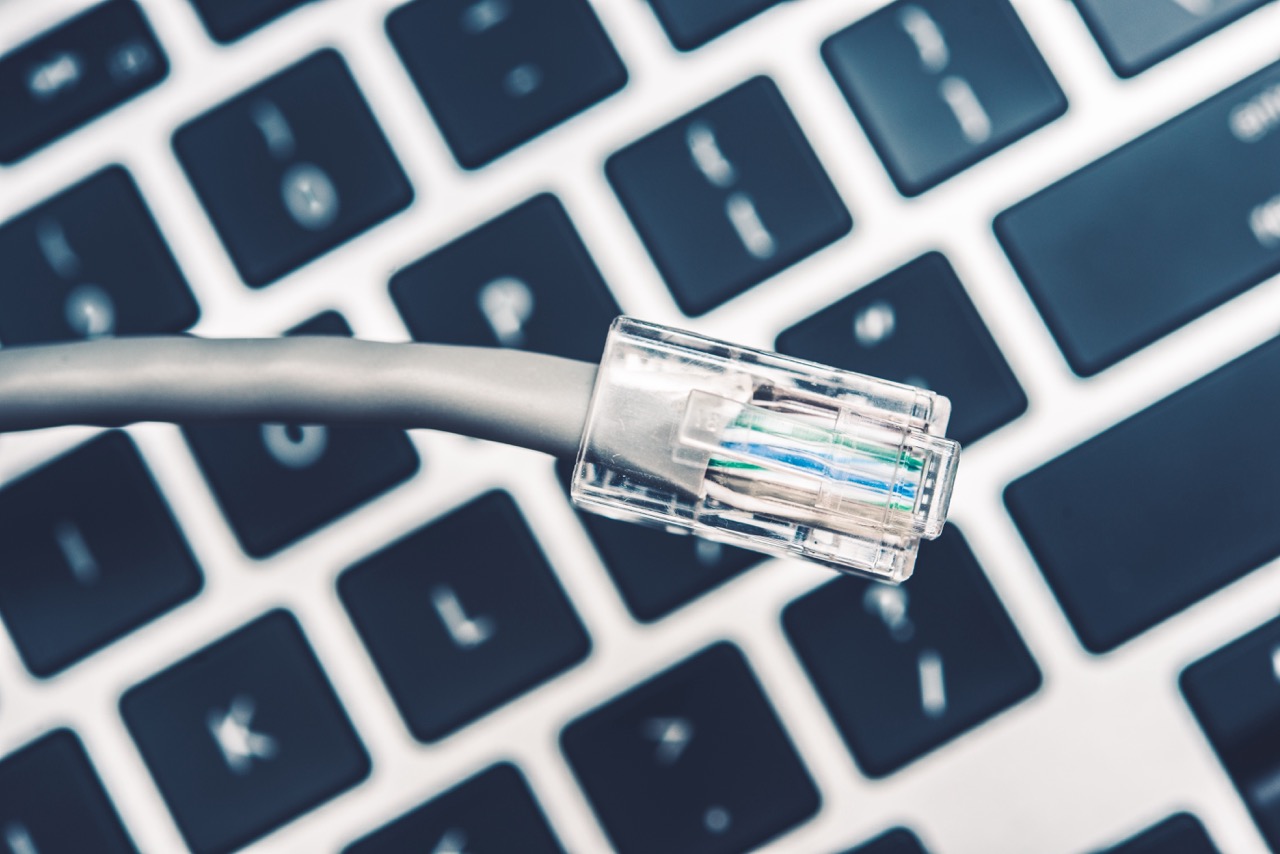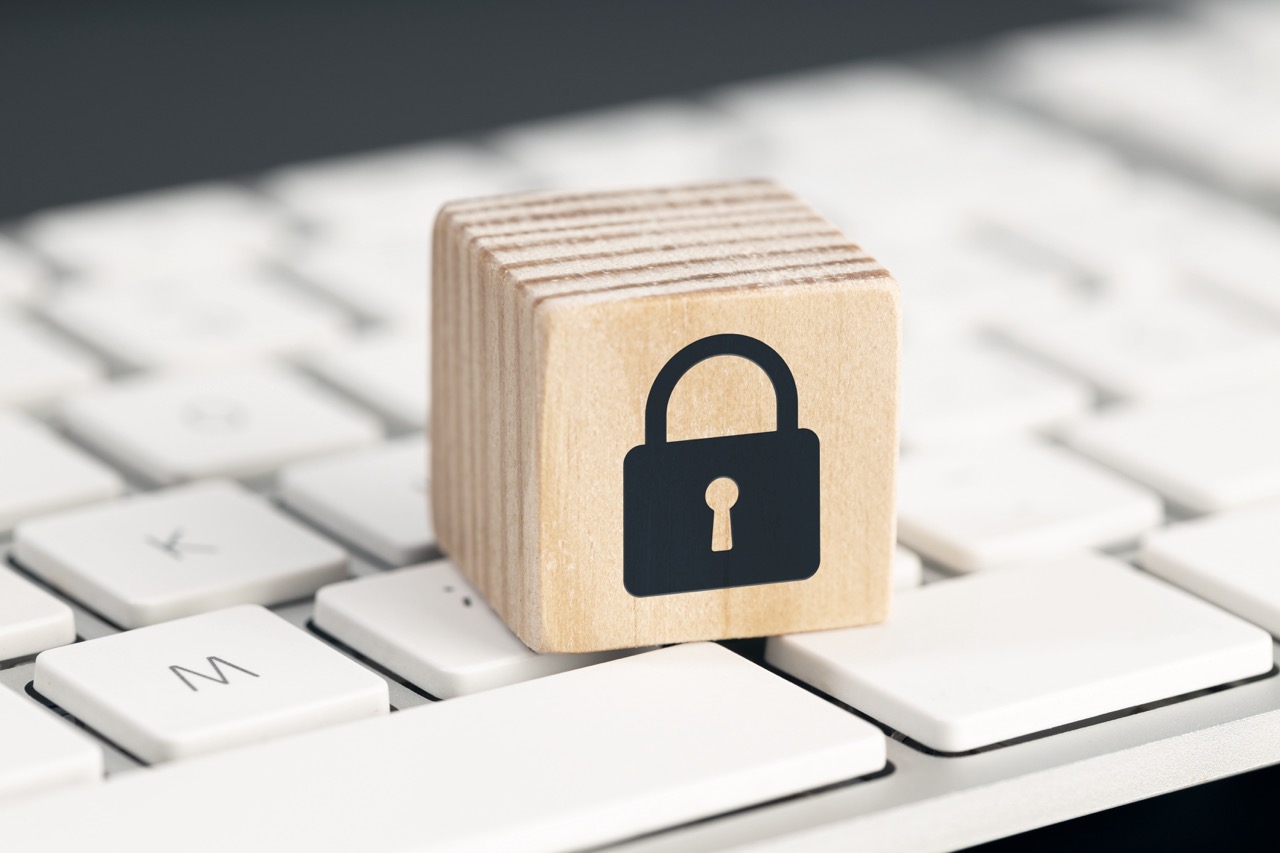In an era where digital footprints are ubiquitous, the quest for online anonymity has become increasingly important. Virtual Private Networks (VPNs) have emerged as a popular tool for enhancing privacy and security when browsing the internet. However, the effectiveness of VPNs in providing true anonymity is often debated. This article delves into the workings of VPN technology, the implications of IP address masking, the limitations inherent in VPN use, and compares them with other privacy tools. We will also explore the legal and ethical aspects of online anonymity and provide best practices for maximizing privacy while using VPNs.
Understanding the Basics of VPN Technology and Functionality
A Virtual Private Network (VPN) enables users to create a secure connection to another network over the Internet. VPNs encrypt user data and redirect traffic through a server based in a location of the user’s choice. This process not only protects data from hackers and surveillance but also allows users to bypass geographical restrictions imposed by content providers. The encryption protocols employed by VPNs, such as OpenVPN, IKEv2, and WireGuard, ensure that the data transmitted is secured and cannot be easily intercepted.
The primary function of a VPN is to create a ‘tunnel’ for internet traffic, which encapsulates data packets and shields them from potential snooping. Once a user connects to a VPN, their original IP address is masked, and they are assigned the IP address of the VPN server. Consequently, their online activities appear to originate from the VPN server’s location rather than their actual position. This feature is particularly valuable for users looking to access region-restricted content or maintain privacy on public Wi-Fi networks.
While VPN technology has made significant advancements, it is imperative to understand that not all VPNs are created equal. Factors such as server location, bandwidth, logging policies, and security protocols dictate the level of anonymity and privacy a VPN can provide. Thus, consumers must conduct thorough research before selecting a VPN service to ensure it meets their privacy needs effectively.
The Role of IP Address Masking in Online Privacy
IP address masking is a central feature of VPN services, as it obscures the user’s real IP address from websites and online services. When a user connects to a VPN, their internet traffic is routed through the VPN server, effectively replacing their unique IP address with one from the server. This process is fundamental in enhancing anonymity, as it prevents websites and online trackers from associating browsing activities with the user’s actual location.
Despite its advantages, IP address masking is not foolproof. Websites can employ various tracking methods, such as cookies and browser fingerprinting, to identify users even if their IP address is concealed. Additionally, some websites may utilize advanced analytics to correlate user behavior over time, potentially allowing the re-identification of masked users. Therefore, while VPNs significantly reduce the likelihood of being tracked based on IP address alone, they do not guarantee complete anonymity.
Moreover, the effectiveness of IP address masking is contingent upon the user’s behavior online. For instance, logging into personal accounts or providing identifiable information while using a VPN can negate the privacy benefits the service offers. Users must remain vigilant and conscious of their online activities to maximize the effectiveness of IP masking.
Limitations of VPNs: What They Can’t Protect Against
Although VPNs provide a layer of privacy and security, they also have inherent limitations. One major shortcoming is that VPNs cannot prevent all forms of online tracking. While they mask the user’s IP address, tracking mechanisms such as cookies, browser fingerprinting, and tracking pixels can still collect data about user behavior and preferences. This information can be used for targeted advertising or other purposes, compromising the perceived anonymity.
Another critical limitation of VPNs is that they do not protect users from malicious websites or phishing attacks. While a VPN encrypts data in transit, it does not eliminate the risk associated with visiting potentially harmful sites. Users remain vulnerable to malware, spyware, and other cyber threats if they do not exercise caution while browsing. Thus, using a VPN alone does not make a user impervious to the risks of the broader internet landscape.
Lastly, the quality of the VPN service itself plays a significant role in the protection it offers. Some VPNs keep extensive logs of user activity, which can be requested by law enforcement or maliciously accessed. Users must be cautious in selecting a reputable VPN provider with a strict no-logs policy to ensure that their online activities remain private and anonymous.
Comparing VPNs with Other Privacy Tools and Solutions
While VPNs are prominent in the discussion of online privacy, they are not the only tools available. Alternatives such as Tor and proxy servers also aim to enhance anonymity online. Tor, for instance, achieves anonymity by routing traffic through multiple servers and encrypting the data at each layer, making it significantly harder to trace back to the user. However, Tor can be slower than VPNs due to its multi-layered routing process, and it may not be suitable for all types of internet usage.
Proxy servers, on the other hand, provide a simpler alternative to VPNs by merely redirecting traffic through another server. While they can effectively conceal the user’s IP address, they typically lack the robust encryption that VPNs offer. As a result, proxies may not adequately protect sensitive data from interception, making them less secure for activities requiring strong privacy measures.
Ultimately, the choice between VPNs and other privacy tools depends on the individual user’s needs. For users seeking a balance of speed, security, and usability, a reliable VPN service may be the best option. Conversely, users focused solely on anonymity may opt for Tor, despite its performance limitations. A comprehensive understanding of the strengths and weaknesses of each tool is crucial for users aiming to enhance their online privacy effectively.
Legal and Ethical Implications of Online Anonymity
The quest for anonymity online raises important legal and ethical questions. While VPNs and similar tools provide users with the means to protect their privacy, they can also be exploited for illicit activities. Cybercriminals often use VPNs to mask their identities, making it challenging for law enforcement to track down malicious actors. This dual-use nature of VPN technology has sparked debate about the necessity of regulations governing its use.
Moreover, the ethical implications of online anonymity are complex. Users have the right to seek privacy in an increasingly surveilled digital landscape, yet this right must be balanced against the potential for abuse. For instance, individuals who engage in harassment or illegal activities may exploit VPNs to evade accountability. Such scenarios underscore the need for a nuanced understanding of anonymity and the responsibilities that accompany it.
Furthermore, the legal landscape surrounding online privacy varies significantly across jurisdictions. Some countries impose strict regulations on VPN usage, while others promote it as a fundamental right. Users must be aware of the legal implications of using VPNs in their specific location and the potential consequences of engaging in online activities that may be deemed illegal or unethical.
Best Practices for Maximizing Online Anonymity with VPNs
To maximize online anonymity while using a VPN, users should start by selecting a reputable provider with a strong emphasis on privacy and security. Look for services that offer a no-logs policy, robust encryption protocols, and a transparent privacy policy. Additionally, consider VPNs that have undergone independent audits to verify their claims regarding user privacy and security.
Another critical practice is to enhance the security of your device and internet connection beyond just using a VPN. Regularly update your operating system and applications to protect against vulnerabilities. Employ browser privacy settings and consider extensions that block tracking cookies or scripts. Using secure and privacy-focused browsers can further reduce the risk of being tracked online.
Lastly, users should be mindful of their online behavior. Avoid logging into personal accounts or sharing identifiable information while connected to a VPN. For heightened anonymity, consider using TOR in conjunction with a VPN, although users should be aware of the potential performance trade-offs. By combining the use of a reliable VPN with smart browsing habits, individuals can significantly enhance their online anonymity.
In conclusion, while VPNs serve as a valuable tool for enhancing online privacy and security, they are not a panacea for anonymity. Understanding their functionality, limitations, and the broader ecosystem of privacy tools is essential for effective digital security. As users navigate the complexities of online anonymity, adhering to best practices and remaining aware of the legal and ethical implications will empower them to protect their privacy more effectively. The pursuit of anonymity requires a comprehensive approach, integrating technological solutions with informed decision-making.










